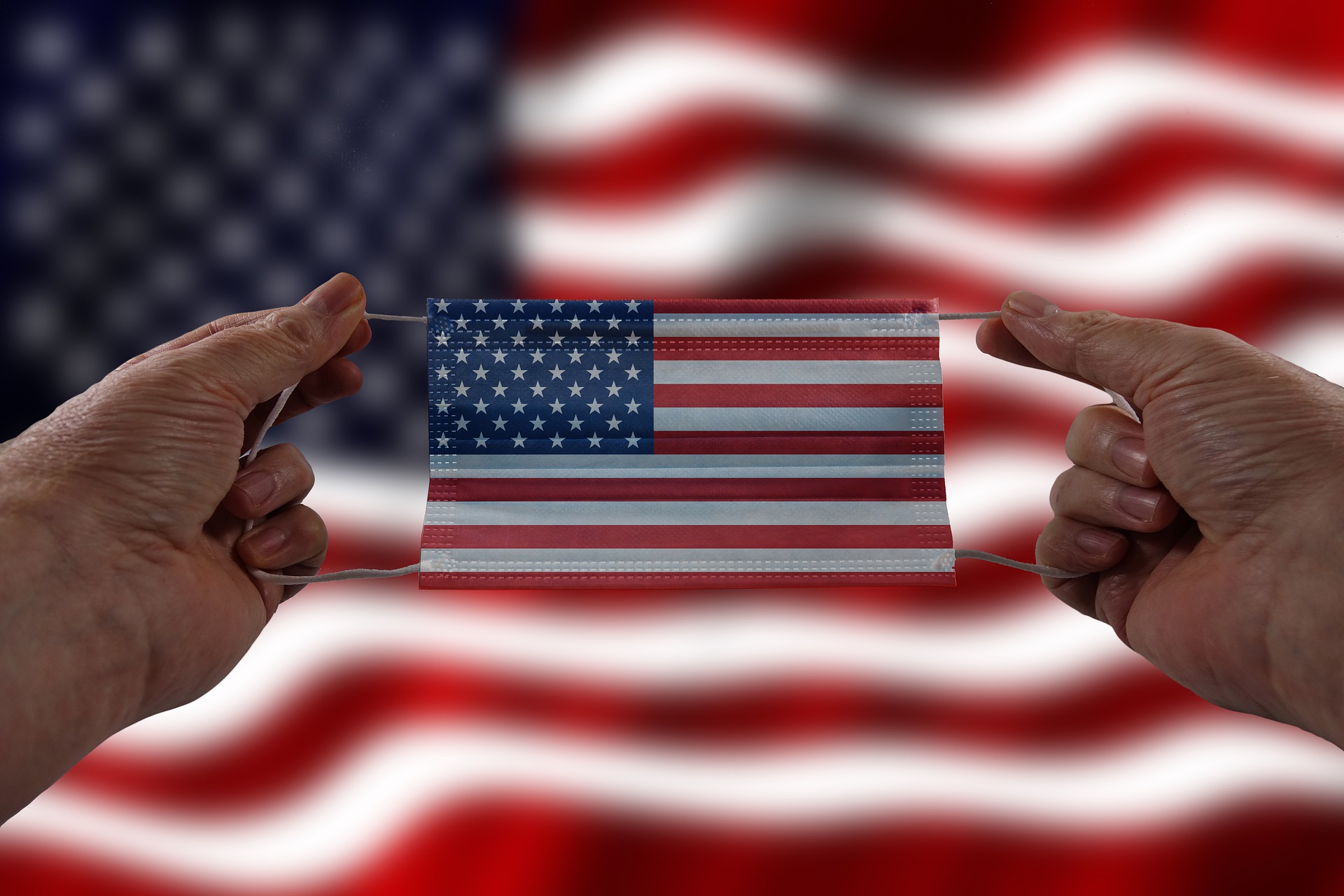The Clean Air Act (CAA) directs the Environmental Protection Agency (EPA) to define “hazardous air pollutants (HAPs)” that may pose acute health hazards, and to impose regulations to reduce those hazards. EPA requires permits for “major sources” of HAPs based on “Maximum Achievable Control Technologies (MACT),” and lesser controls for non-major “area sources.” During President Trump’s term, EPA has pursued several initiatives to make it easier for sources to reclassify from “major” to “area” in order to reduce their regulatory responsibilities.
Read MoreAudit, Compliance and Risk Blog
EPA adopts rules for hazardous air pollutant sources to reclassify from “major” to “area” using administrative controls
Posted by Jon Elliott on Tue, Dec 08, 2020
The Occupational Safety and Health Administration (OSHA) generally requires employers to ensure that employees (and other occupants of your workplace) have adequate and safe routes to leave work areas during fires and similar emergencies. OSHA presents these requirements in its Exit Routes Standard (29 CFR 1910.36 – 1910.37), with tie-ins to its emergency action plan and fire prevention plan standards (29 CFR 1910.38 and 1910.39). The following discussion summarizes the Exit Routes Standard.
Read More
Tags: OSHA, ADA, Exit Routes Standard
California Adopts Universal Wastes Rules For Photovoltaics
Posted by Jon Elliott on Mon, Nov 23, 2020
California’s Department of Toxic Substances Control (DTSC) established waste management rules for solar photovoltaic (PV) modules, to become effective on January 1, 2021. These rules are adopted under the state Hazardous Waste Control Law (HWCL), applying “universal waste” authority permissible under the federal Resource Conservation and Recovery Act (RCRA) and Environmental Protection Agency (EPA) RCRA regulations. EPA defines five universal waste categories, and also allows states to define additional categories (I wrote about this HERE). The remainder of today’s blog summarizes these universal waste PV requirements (which include dozens of revisions to proposed state rules I discussed HERE).
Read MoreTags: EPA, RCRA, Environment, HWCL, Photovoltaics, DTSC, PV Wastes
During the COIVD-19 pandemic, there have been many reports of angry arguments between people who don’t want to wear masks or practice social distance and retail staff members trying to enforce local requirements. Some of these confrontations escalate to violence. The US Centers for Disease Control and Prevention (CDC) provide formal guidelines to retail businesses, offering ways for protecting workers by “Limiting Workplace Violence Associated with COVID-19 Prevention Policies in Retail and Services Businesses.” The remainder of this note describes CDC’s latest guidance.
Read MoreTags: Health & Safety, OSHA, Workplace violence, Coronavirus, CDC, Covid-19, CCOHS
Chemical Safety Board issues review of combustible dust hazards and management
Posted by Jon Elliott on Tue, Nov 10, 2020
The federal Chemical Safety and Hazard Investigation Board – which usually refers to itself as the Chemical Safety Board or CSB -- has issued guidance on the hazards of explosive and combustible dust. The report is intended to identify the key barriers to improvement in the control and mitigation of combustible dust hazards. The report was developed by a contractor to CSB, after a fatal 2017 dust explosion at the Didion Milling facility in Cambria, Wisconsin. In October 2018, CSB issued a “Call to Action” to gather comments on the management, control and understanding of combustible dust (which I wrote about HERE). The objective of this project was to make sense of comments submitted in response to the Call to Action. CSB ultimately received 57 responses, which its contractor reviewed and supplemented with additional research.
Read More
Tags: Health & Safety, OSHA, CSB, chemical safety, NFPA
EPA revises regulatory methodology for determining whether source modifications trigger “new” source review
Posted by Jon Elliott on Mon, Nov 02, 2020
When are changes to an existing system so extensive that they produce a “new” system? This question is conceptually important in any evolving organization, and can have important regulatory consequences if requirements for “existing” systems are substantially different than those for “new” systems. Emissions regulations under the Clean Air Act (CAA) contain many such situations, and on October 22 the US Environmental Protection Agency (EPA) adopted changes to the “project emissions accounting” it uses to decide whether modifications to an existing major source are so extensive as to trigger preconstruction New Source Review (NSR) requirements. This revision codifies into regulations a policy changed announced in 2018.
Read MoreTags: EPA, CAA, Environment, PSD, NSR
Study compares environmental enforcement during Trump administration with predecessors
Posted by Jon Elliott on Wed, Oct 28, 2020
I’ve written numerous times in this space about specific efforts by the Trump administration to reduce environmental regulation and enforcement. A new study from the University of Michigan Law School quantifies reductions in the administration’s criminal enforcement levels. The report is part of the school’s “Environmental Crimes Project,” and includes the first two years of the Trump Administration as the latest in a 14-year series of federal environmental enforcement data. Readers should note that federal criminal environmental enforcement is brought by the US Department of Justice (DOJ) on behalf of the US Environmental Protection Agency (EPA); EPA and delegated state agencies bring their own civil cases, and most state criminal enforcement is brought by state prosecutors on behalf of state regulatory agencies (I summarized agency enforcement in the first year of the Trump administration HERE).
Read MoreTags: OSHA, EPA, RCRA, CAA, DOJ, CWA, Environment, ESA, SWMA
Read More
Tags: climate change, Environment, Clean Air Act, Republican Party, 2020 US Presidential election, Clean Energy, Democratic Party
British Columbia Supreme Court Finds Human Rights and Workers Comp Claims are not Mutually Exclusive
Posted by Jon Elliott on Tue, Oct 13, 2020
A variety of laws and regulations each prohibit sexual harassment in workplaces. These include:
· Human rights laws prohibit employers from committing or condoning discrimination, including sex discrimination which includes sexual harassment.
· General labour statutes find that harassment can alter terms of employment and even trigger constructive dismissal.
· Occupational health and safety laws protect workers from workplace hazards, which increasingly including bullying and harassment.
· Workers compensation laws provide an insurance system to compensate workers for occupational injuries and illness.
Read MoreTags: Employee Rights, Discrimination, BC Human Rights Tribunal, Sexual Harassment, BC Human Rights Code
During 2020, the Trump Administration has seized on the economic disruptions from the COVID-19 pandemic as the latest of its many rationales for easing environmental regulations. In May, the President issued an executive order (EO) directing agencies to “support the economic response to the COVID–19 outbreak” (EO 13924 “Regulatory Relief To Support Economic Recovery”; I discussed it HERE). That EO included directions to the Office of Management and Budget (OMB) to receive reports from individual federal agencies about their regulatory and enforcement responses, and authorized OMB to issue guidance. On August 31, 2020, OMB issued a “Memorandum for the Deputy Secretaries of Executive Departments and Agencies – Implementation of Section 6 of Executive Order 13924” (Memorandum M-20-31; called “the Memo” below) offering this guidance.
Read MoreTags: Health & Safety, Coronavirus, Covid-19, OMB, Executive Order, Memorandum M-20-31, Economy, Administration Guidelines, EO 13924







.jpg)


